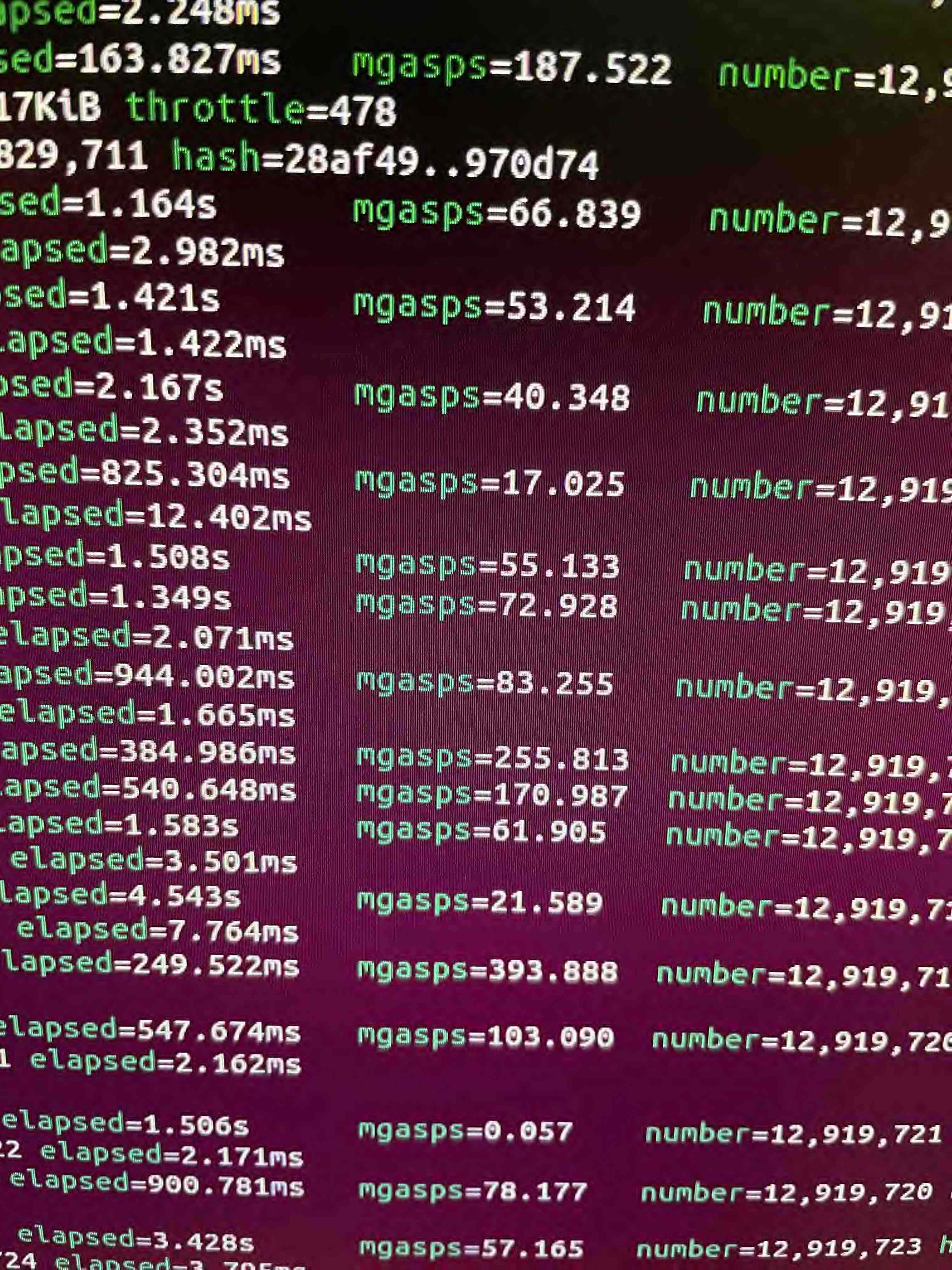We are one of the BSC validator nodes and provide public API services to the BSC community. As we have observed, the volume of transactions on the BSC chain has reached an unprecedented level. We want to share some pointers to help speed up syncing on your full node:
1 Use the latest binary version v1.1.5 and add the --diffsync flag when starting the node
2 Recommended configuration (on AWS): at least c5a.8xlarge with a gp3 disk configured for 12000 IOPS or higher
3 Use the latest official snapshot: https://github.com/binance-chain/bsc-snapshots
4 Configure your node based on the latest config.toml:
https://github.com/binance-chain/bsc/releases/download/v1.1.5/mainnet.zip
5 Try temporarily turn off the RPC port to speed up synchronization
If you have more problems with node synchronization, please feel free to utilize our platform (https://infstones.com/) to create a free BSC Public API project or create your dedicated node with only one click.








Guys, seriously, WTF. This is a blockchain with supposedly billions of value, yet it is governed and developed like the project of a stoned teenager.
I've rarely seen something handled so unprofessionally.
Overall, there is only one conclusion. Binance wanted a quick hack to make some money, but is not willing to expand even modest resources to make this thing actually work. Given that they've made billions from this, this is absurd and a huge abuse of the trust (and money) people put in this.
You have proven to be incompetent of leading, developing and governing this. Just be honest and trash it without more people wasting their time and money.
(written by a 4k BNB holder, considering dumping this garbage)